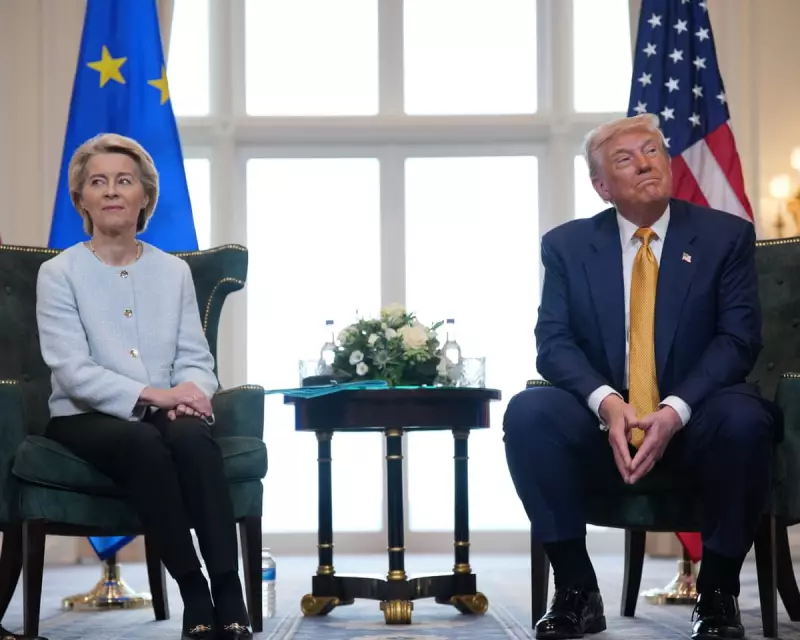
In a stunning reversal that has sent shockwaves through diplomatic circles, the European Union has effectively surrendered to Donald Trump's hardline trade demands, averting what many feared could escalate into a full-blown transatlantic trade war.
A Diplomatic Earthquake
The EU's unexpected capitulation comes after months of escalating tensions, with Trump threatening crippling tariffs on European automobiles and agricultural products. Brussels officials, facing mounting pressure from member states fearing economic fallout, ultimately blinked first in this high-stakes game of trade brinkmanship.
The Price of Peace
Key concessions made by the EU include:
- Significant reductions in tariffs on American agricultural imports
- Revised regulatory standards that favor US manufacturers
- New limitations on state subsidies for European industries
- Enhanced intellectual property protections for US tech firms
These measures represent a major victory for Trump's 'America First' trade policy, potentially setting a dangerous precedent for future negotiations.
Why the Sudden Shift?
Analysts point to several factors behind the EU's abrupt change of heart:
- Growing divisions among member states about how to respond to US pressure
- Concerns about the economic impact of prolonged trade tensions
- The looming threat of devastating auto tariffs
- Changing political dynamics within key European governments
'This isn't negotiation - it's capitulation,' remarked one Brussels insider who requested anonymity. 'We've essentially handed Trump everything he wanted on a silver platter.'
The Ripple Effects
The implications of this surrender extend far beyond trade statistics:
- European manufacturers face immediate competitive disadvantages
- Farmers across the continent are bracing for market disruptions
- The EU's global negotiating position has been significantly weakened
- Questions emerge about the bloc's ability to stand united against external pressure
As the dust settles on this extraordinary development, one thing is clear: the balance of power in transatlantic trade relations has shifted decisively in America's favor.





